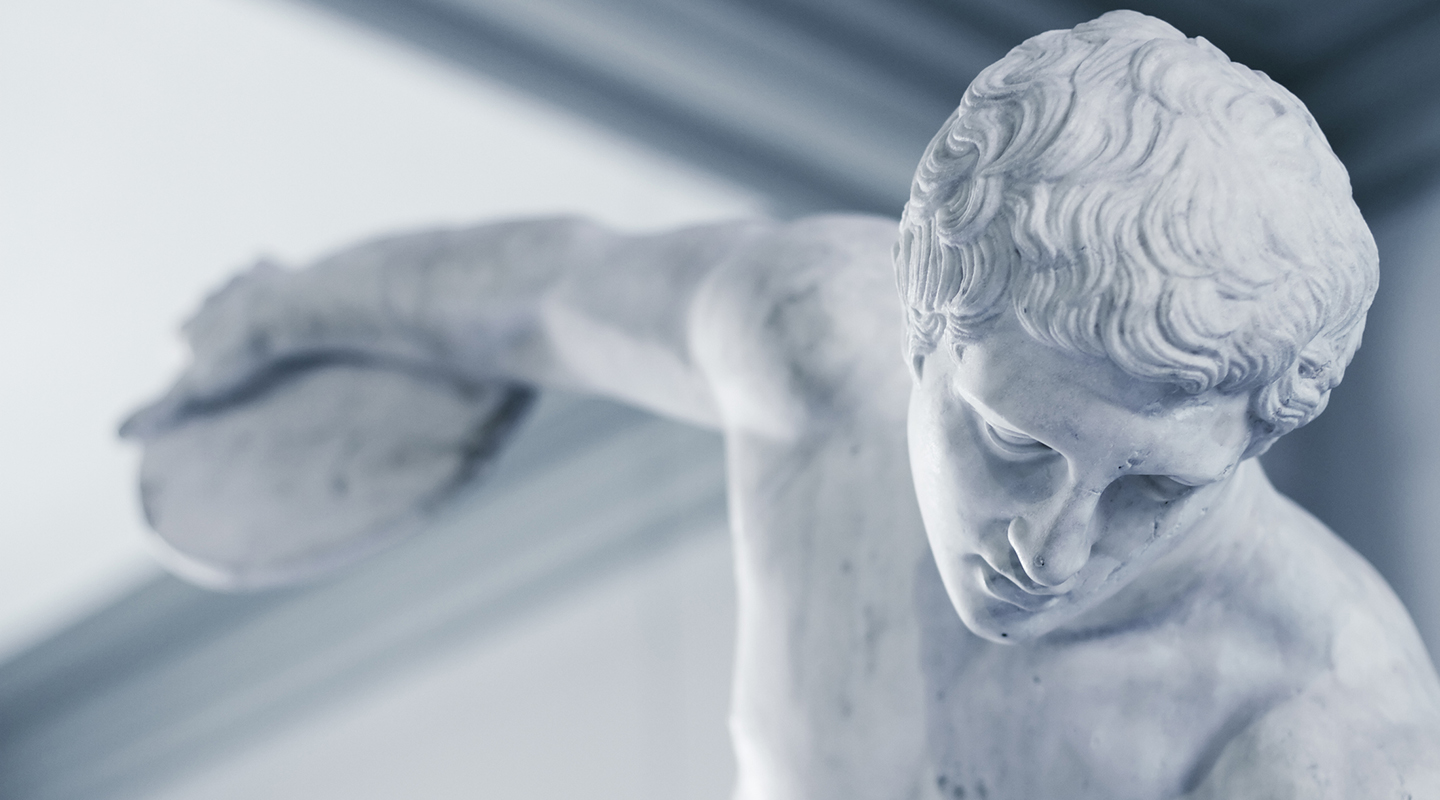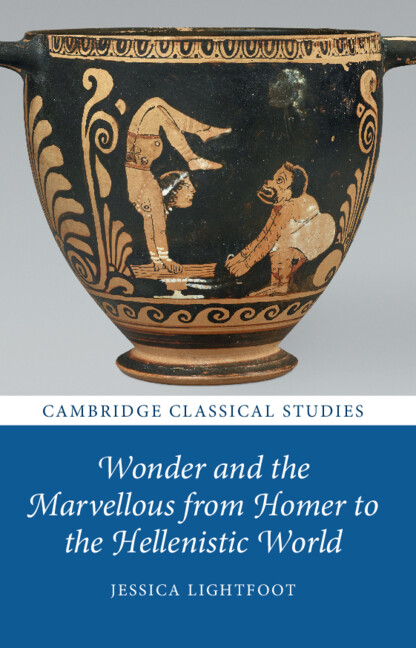
Read more about the Encounters with Latin Texts module Link opens in a new window, including the methods of teaching and assessment (content applies to 2022/23 year of study).Īncient Thought: Philosophy, Politics, Science As well as expanding awareness of the Latin texts classicists study across different sub-fields (for instance, philology, archaeology, ancient history), the module will explore critically the range of methodologies and approaches used in the interpretation of ancient texts in their cultural and political contexts, and allow students to test out these skills in their own responses to texts. This module, taught in translation, introduces students to many different kinds of Latin texts written in a variety of genres and forms, including historiographical, epigraphic and rhetorical texts, and literary texts in poetry and prose, from the canonical to the marginal and ‘sub-literary’. Read more about the Encounters with Greek Texts module Link opens in a new window, including the methods of teaching and assessment (content applies to 2022/23 year of study). The module will also allow students to explore critically the range of methodologies and approaches used in the interpretation of ancient texts both within and beyond original cultural and political contexts.

This module, taught in translation, introduces students to many different kinds of ancient Greek texts across a wide variety of genres and forms, including epic, drama, lyric, historiography, rhetoric. You will also have a choice of optional modules, including the following: The Study Abroad Team based in the Office for Global Engagement offers support for these activities, and the Department's dedicated Study Abroad Co-ordinator can provide more specific information and assistance. Confirmation of available placements will be made in your second year.Īlternatively, you may choose to spend a year at a partner university which teaches in English, at the end of your second year. Our Classical Civilisation with Study in Europe degree enables you to spend your third year studying classical subjects at one of our partner universities, before returning for your final year at Warwick.Ĭurrently, placements are available in Bologna, Padua, Rome or Venice, with recent confirmation of new placements in Berlin and Tübingen, Germany.

You also have the option to learn an ancient language or take an external module. Teaching is varied, innovative and interactive, and our students benefit from many hands-on learning experiences, including recreating the experience of a Greek symposium, visiting historical sites and museums in the UK, and taking part in our annual classical play.Ĭore first-year modules provide a grounding in approaches to Greek and Roman culture and society, and the opportunity to delve into the wide range of ancient literature and thought.

The course allows you to choose from a wide range of topics - such as gender and sexuality in antiquity, democracy and imperialism, ancient Greek theatre, Roman laughter, or the history of medicine - and to develop skills in literary criticism and historical analysis as well as in theoretical and interdisciplinary approaches to the subject. This wide-ranging, flexible degree is devoted to the study of the literature, history, philosophy, languages, art and archaeology of the ancient Greek and Roman worlds.


 0 kommentar(er)
0 kommentar(er)
